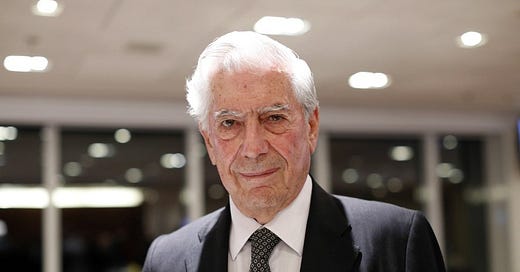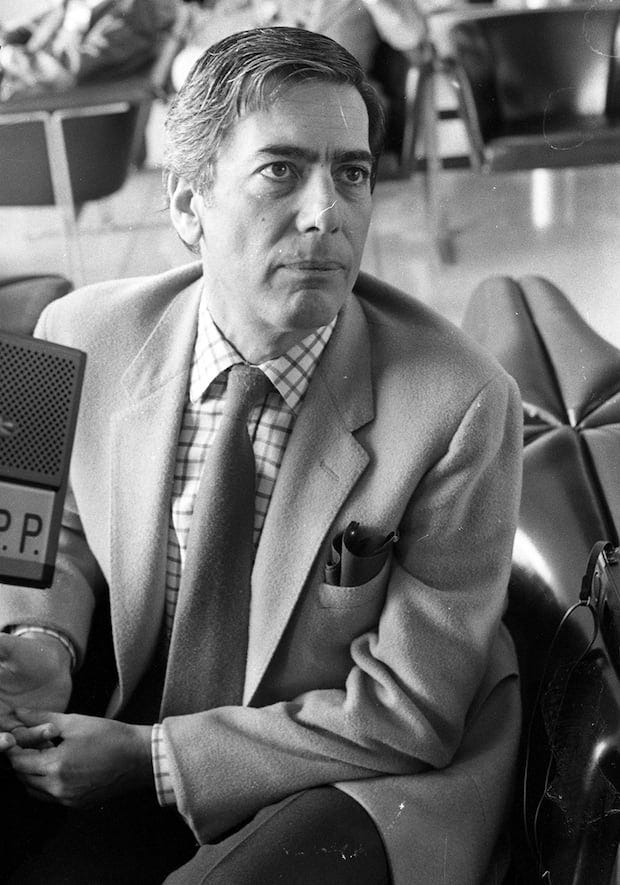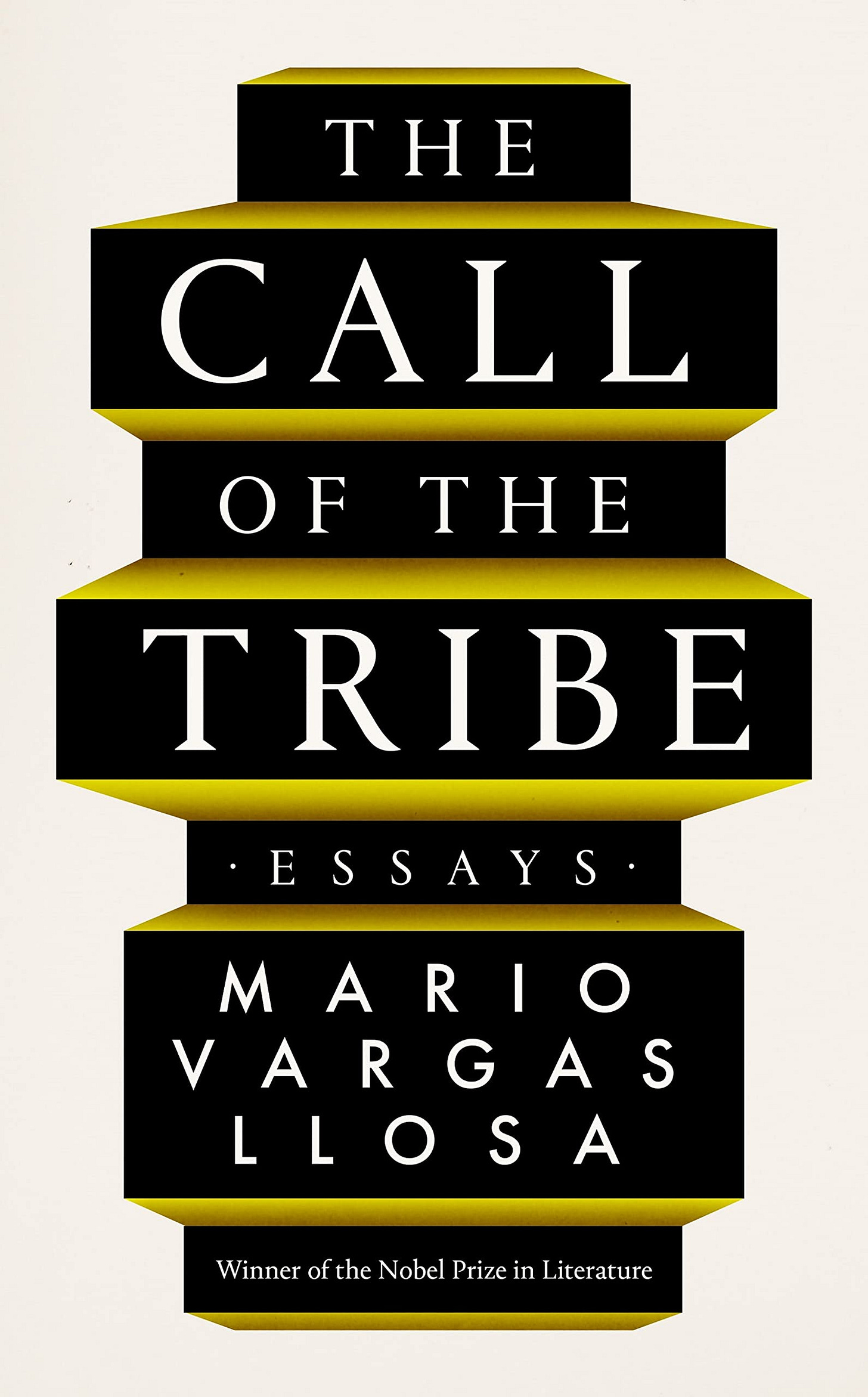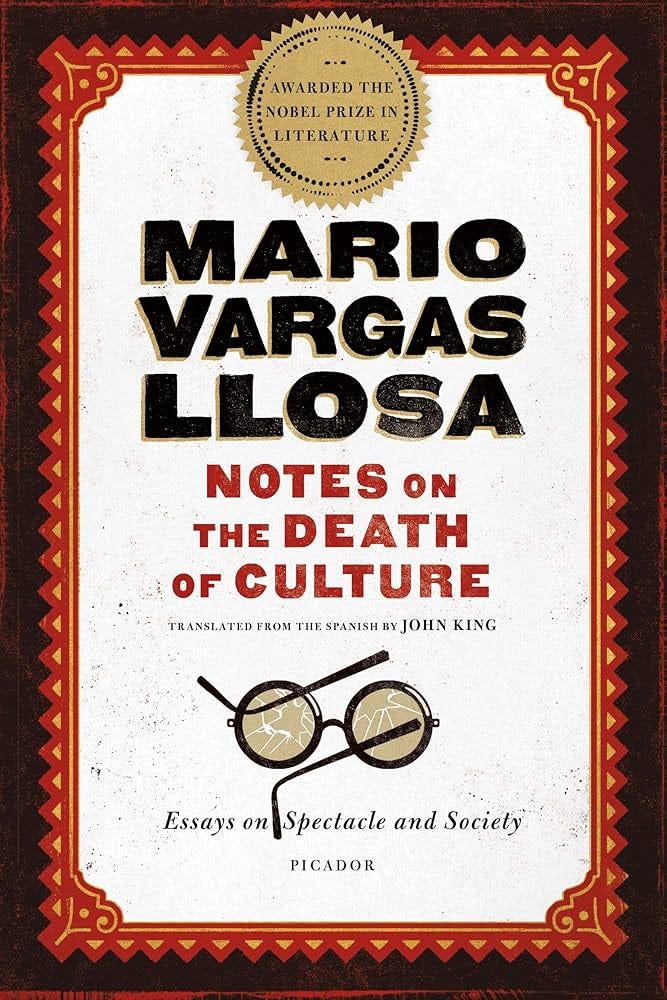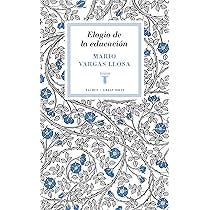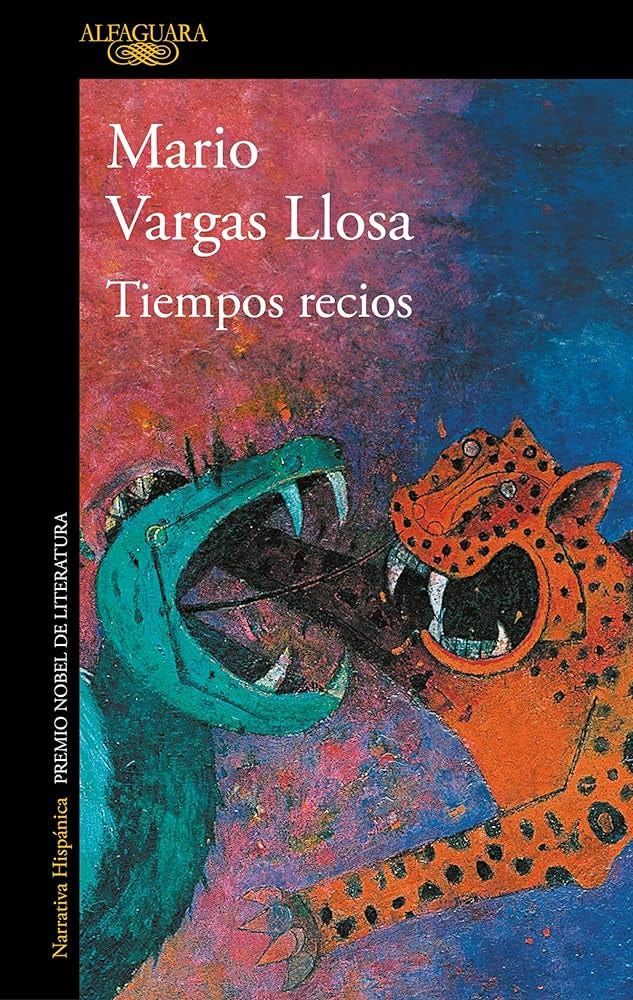Today, April 13, 2025, the world says goodbye to one of the greatest writers of our time: Mario Vargas Llosa.
He passed away at 89, leaving behind a body of work that changed how we see power, politics, and freedom — not just in Latin America, but everywhere.
I still remember the first time I read one of his books.
It was The Call of the Tribe, and it opened something in me. It wasn't just a memoir or a political reflection — it was a deep dive into how ideas shape lives. Vargas Llosa’s journey from Marxism to liberalism wasn’t just a political shift. It was personal, honest, and deeply human.
Then came Notes on the Death of Culture (La civilización del espectáculo).
In it, he warns us about the growing superficiality of culture and the danger of replacing knowledge with entertainment. It made me pause — and ask myself what kind of world we’re helping build, and what we’re forgetting in the process.
In Elogio de la educación, he defended something I care deeply about: education that goes beyond tests and grades.
He believed in education as a tool for freedom, for dignity, for shaping people who think for themselves. And he made that belief sound like poetry.
And of course, Tiempos recios — a novel that takes us into the dark corridors of political manipulation in Latin America.
It’s tense, sharp, and full of real history. I couldn’t stop reading. Through it, Vargas Llosa reminded us that truth is often stranger — and more terrifying — than fiction.
What made him great?
Vargas Llosa wasn’t afraid to change his mind.
He wasn’t afraid to speak up — even when it meant going against the current. He wrote with clarity and courage, and always with a sense of urgency. His novels, essays, and articles were acts of resistance against simplification, silence, and complacency.
He gave voice to people silenced by regimes. He exposed hypocrisy. He challenged everyone — including himself.
A farewell, but not an ending
Vargas Llosa may have left this world, but his words are still very much alive.
For those who haven’t read him yet: now is the time.
Start anywhere. The Time of the Hero. Conversation in the Cathedral. The Feast of the Goat. Or the ones that changed my way of thinking —The Call of the Tribe, Notes on the Death of Culture, Elogio de la educación.
He was not just a writer.
He was a thinker who believed in the power of stories to shape reality — and in the power of readers to challenge it.
Thank you, Mario, for the books, the questions, and the courage.

